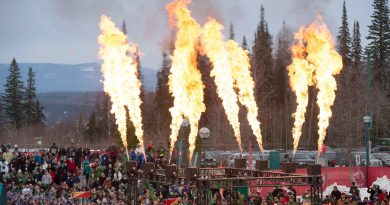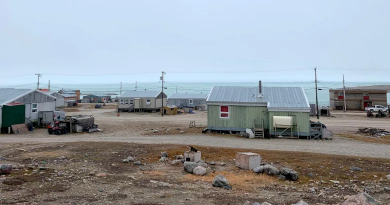Europe’s longest dogsled race lead by four-time Iditarod champion
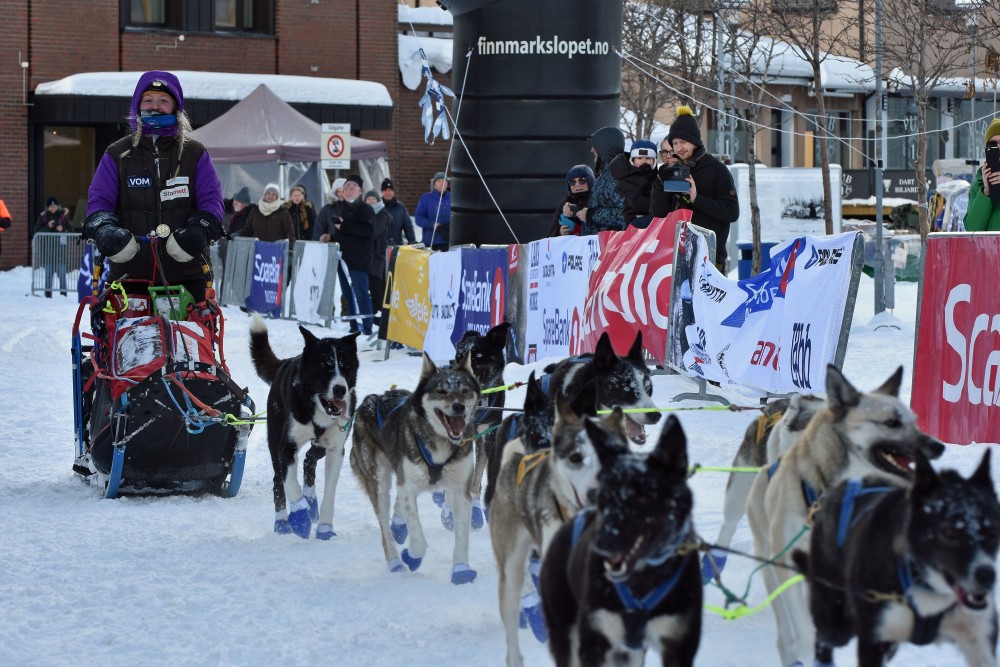
39 mushers from 10 countries are racing through 1,200 kilometers of snow and cold in Finnmarkløpet, the world’s northernmost dog sled race.
While the Norwegian musher Joar Leifseth Ulsom was pulling into Nome on Wednesday winning the Iditarod race across Alaska, the four-time Iditarod champion Dallas Seavey is currently leading Finnmarksløpet.
Starting in the town of Alta last Friday, the Norwegian long-distance race traverses Finnmark. Adding 200 extra kilometers this year, Finnmarksløpet is now 1,200 kilometers. Although some 600 kilometers shorter than the Iditarod trail in Alaska, the race in Norway is tough enough this winter due to loads of fresh snow, freezing cold and strong winds across the fells.
Still in the lead
At checkpoint Kirkenes, where the mushers turns west again towards Alta, Dallas Seavey came one and a half hour before number two so far in the race. At checkpoint Neiden on Wednesday, Seavey was still more than an hour ahead. If he will stay in front all way to finnish remains to see. The first mushers are expected to pull into Alta on Friday.
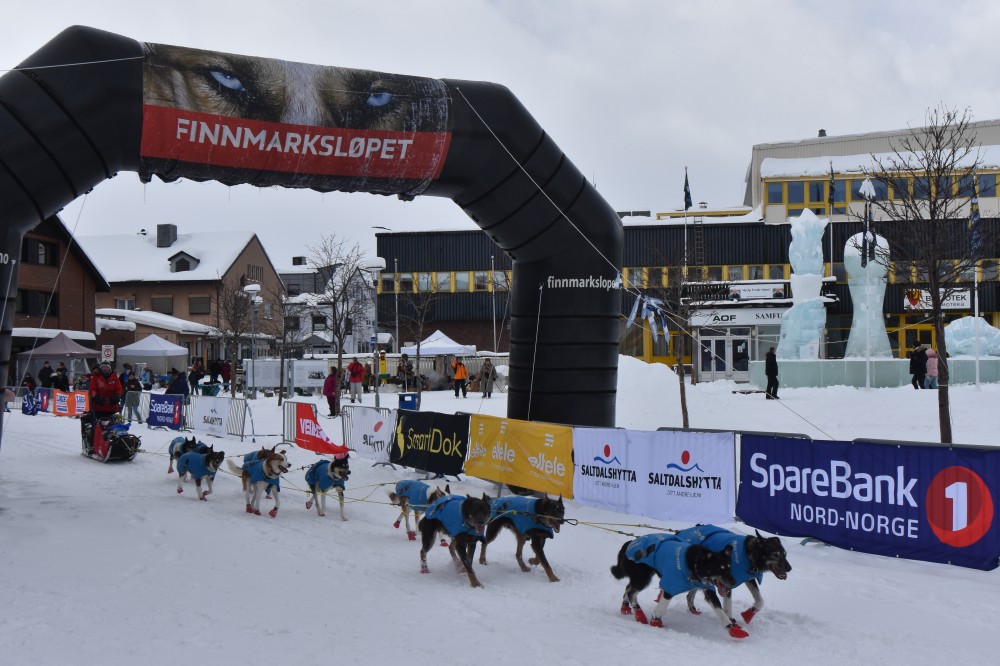
All winners of Finnmarksløpet has since start in 1981 been Norwegians, except in 2016 when the Swede Petter Karlsson from Slussfors in Västerbotten won the race.
Additional to the 1,200 km long-distance race, Finnmarksløpet includes a shorter 500 kilometers race, won by Harald Tunheim who pulled into Alta Tuesday morning. Tunheim is a pioneer in long distance mushing in Norway, first time racing Finnmarksløpet in 1989. Completing the race 21 times, he has previously been the winner of the long-distance race five times.
The third race is a 200 kilometers youth class, won by Ole Henrik Isaksen Eira. The youth class consists of mushers younger than 18.
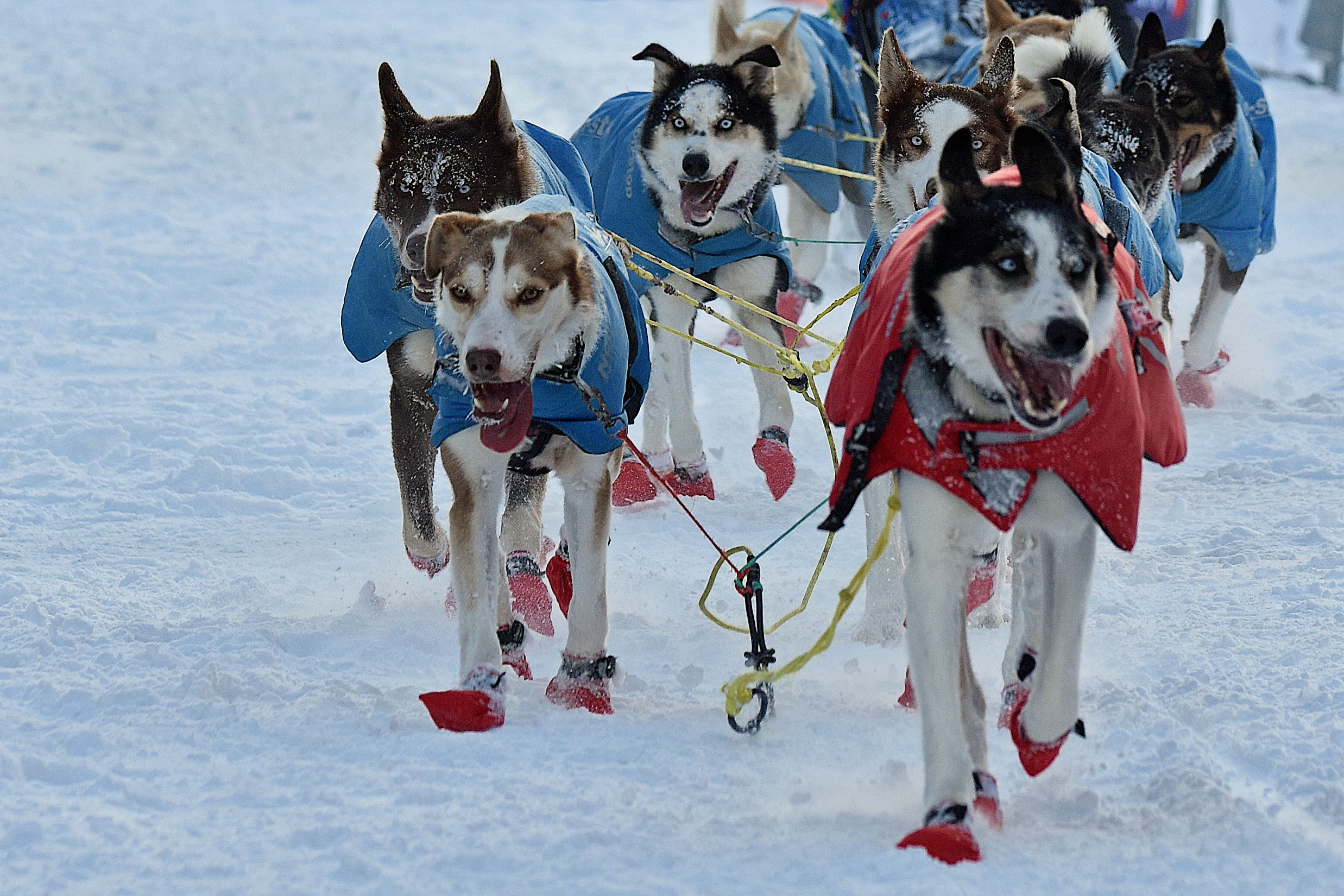
The winner of the long-distance race receives a cash prize of 68,000 kroner (€7,100) plus an even more worth All-Terrain Vehicle (ATV). Dog-food for the heros pulling the sledge and a three-course dinner for the musher with invited guests also goes to the winner. Furthermore, the team with the best accumulated result from the race in 2018 and 2019 will win a cabin worth about 600,000 kroner (€62,700).
Related stories from around the North:
Canada: Mushers reach halfway point of Yukon Quest sled dog race, Radio Canada International
Greenland: Siberian huskies, Greenland sled dogs share DNA with today’s canine companions, Radio Sweden
Finland: Nordic World Ski Championships in Finland promise medals and magic, Yle News
United States: Norwegian Joar Ulsom wins the 46th Iditarod in Alaska, Alaska Public Media

